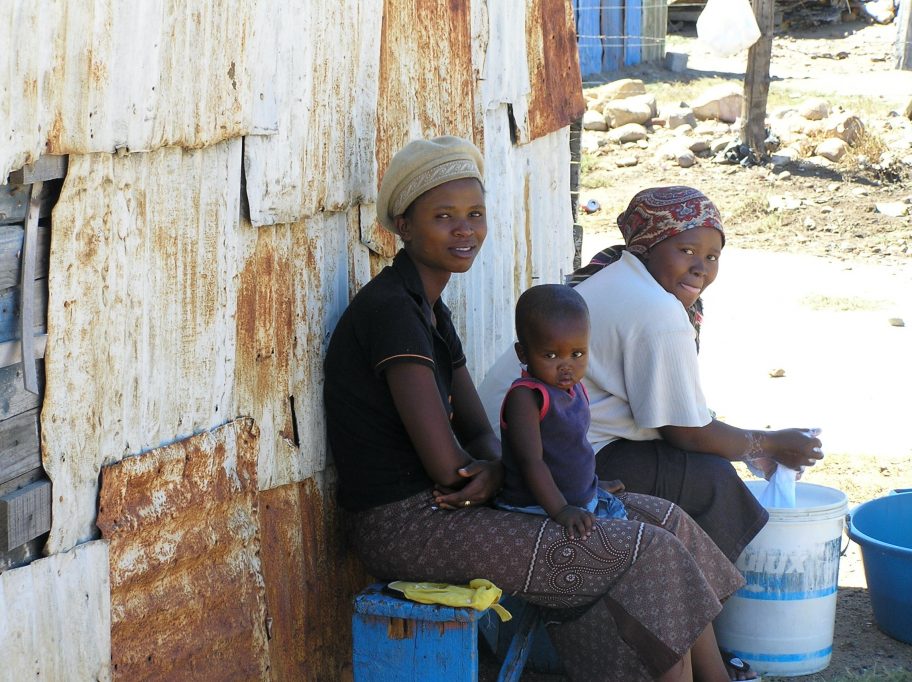Treat TB infection and prevent TB
People with TB infection can benefit from preventive TB treatment to greatly reduce their risk of developing active TB disease. Diagnostic tests are available to detect TB infection but they have limitations, especially in high TB burden countries. No diagnostic test is yet available to predict who infected is more likely to develop TB disease, but progress is being made in this area to identify bio-markers.
Management of TB infection uses a principle of risk versus benefit of treatment, as with all medicines some people can develop side-effects. People exposed to active TB disease in their households may greatly benefit from TB preventive treatment as they are over 30 times more likely to develop active TB than the general population, regardless if they are a child or an adult.
Similarly, people living with HIV or other immune-suppressing conditions may also benefit as they are much more likely to develop TB disease if they are infected with TB. Other people exposed to active TB may also benefit from TB preventive treatment, such as non-household contacts to active TB including laboratorians and health care workers, miners as well as people in prisons, long-term care institutions, and refugee camps.
Addressing TB infection and preventing disease is essential to controlling the TB epidemic. This is even more true now because the Covid-19 epidemic significantly reduced global progress in eliminating TB. Preventive treatment, thus, is another powerful tool we have now, in the absence of effective vaccines, to turn back the tide on TB. New shorter TB preventive treatments are available that are just as effective as the older ones and equally safe, if not more so. Such treatments have higher rates of acceptability and treatment completion; while they cost more than the older treatments, they are thought to be more cost-effective as they are more likely to get the job done.
TREAT TB INFECTION AND PREVENT TB
KNCV, along with national and multilateral partners, is committed to delivering the necessary interventions to treat TB infection and prevent TB. This is achieved through scaling up access to the necessary medicines and technologies so that people who are at risk can benefit from them, and protect themselves and their families.
Through the IMPAACT4TB project and a Global Fund TPT Initiative, KNCV is working in Ethiopia, Indonesia, Malawi, Nigeria,Tanzania and Zambia to support national efforts in increasing access to preventive TB regimens, especially shorter preventive treatment options, particularly focused on household contacts and PLHIV, aligned with UNHLM targets. In collaboration with the WHO, KNCV is addressing the knowledge and capacity gap by developing easy to access tools, including education materials, diagnostics and biomarkers, that will assist health providers and decision makers at every level to meet TB prevention goals and commitments for their communities. In collaboration with WHO, KNCV supported the development of an open-source e-learning module on programmatic management of TB infection.

